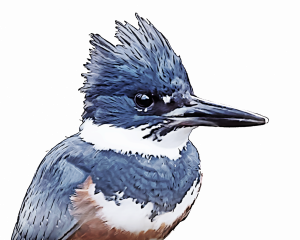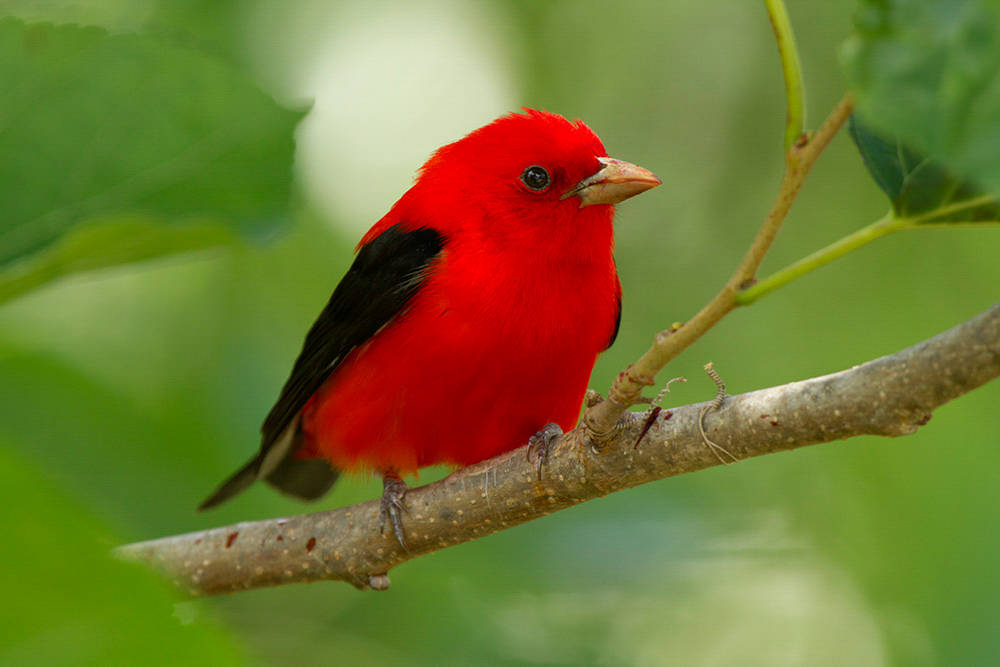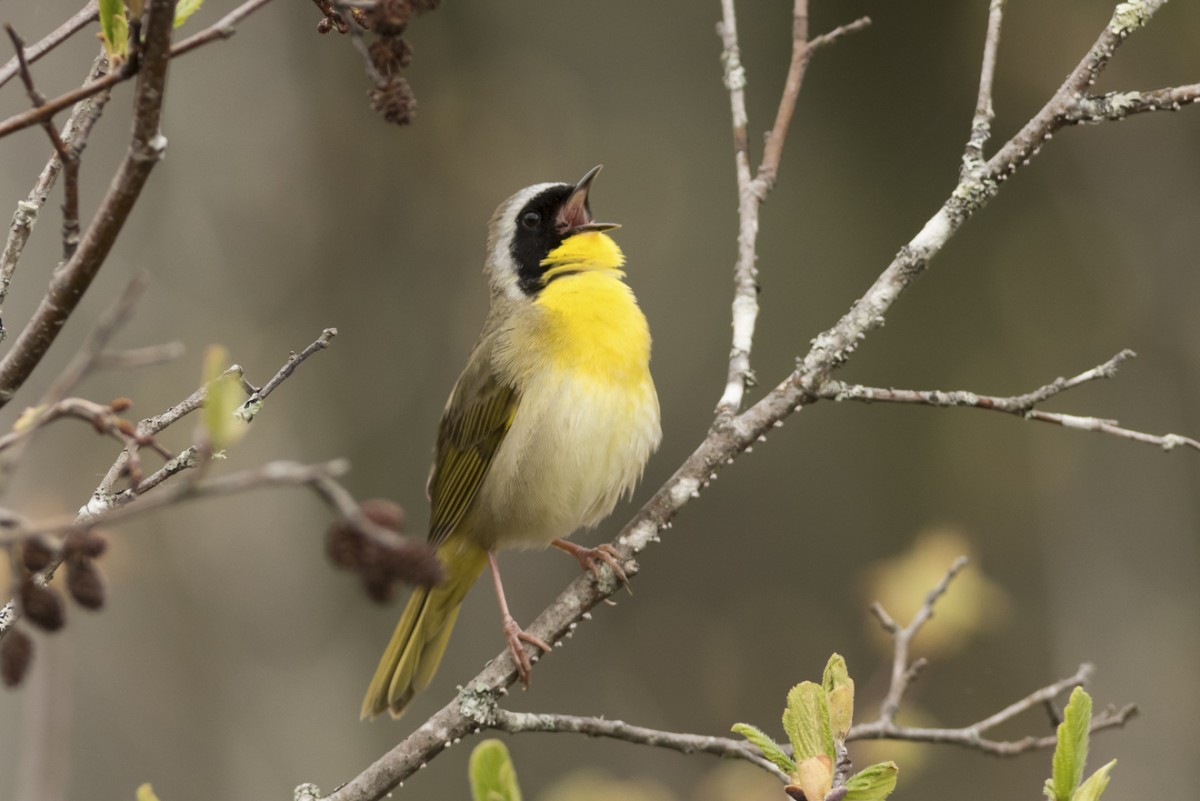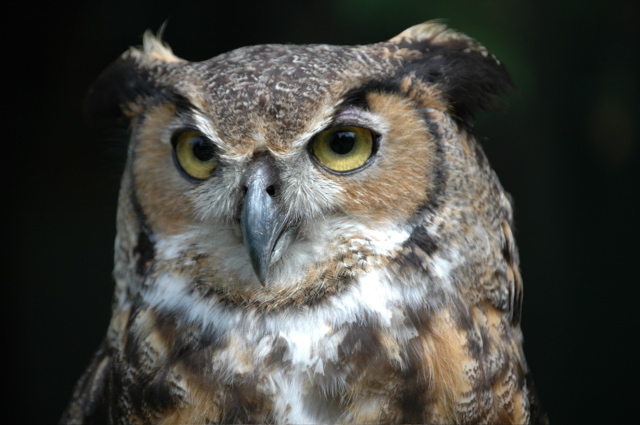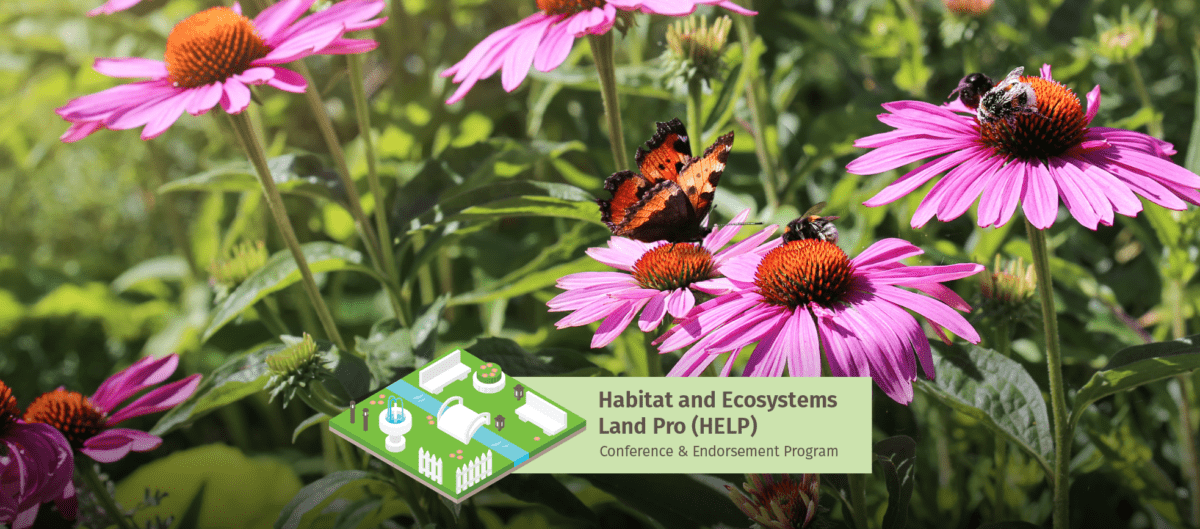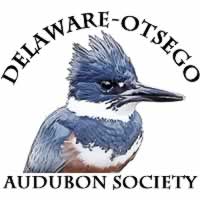Read the complete document here.
Summary
Delaware-Otsego Audubon Society is a Chapter of the National Audubon Society with 500 members in the region affected by the Constitution Pipeline.
This is an immense project, involving over 200 waterway crossings in New York, and affecting numerous wetlands, aquifers and public water supplies. The impacts of the pipeline construction and operation represent the largest single danger to New York State’s water resources in recent years. It is highly questionable whether the construction methods and mitigations proposed by Constitution would be effective enough in reducing these impacts to warrant granting Water Quality Certification, and Protection of Waters, Water Withdrawal, and Freshwater Wetlands permits by the Department of Environmental Conservation.
In regard to birds in particular, the negative impacts from waterway crossings are many. This work will cause water turbidity, making foraging for food more difficult for wading birds such as Great-blue and Green Herons, as well as waterfowl such as Mallards, Wood Ducks, Common and Hooded Mergansers and the wide variety of others that either nest, overwinter or pass through in migration in the region traversed by the pipeline route.
Wetlands in particular are sensitive ecosystems that support a wide variety of bird species, including those noted above, plus Bald Eagle, Osprey, Red-shouldered Hawk, American Bittern, Pied-billed Grebe, Northern Harrier—all listed as at-risk species by NYS DEC. Warblers, flycatchers, vireos, swallows, woodpeckers, blackbirds, sparrows and numerous other species utilize wetlands at some point in their life cycle.
Of all the bird species in the U. S. (excluding Hawaii and territories) that are listed either as federally threatened or endangered, or are on the U. S. Fish & Wildlife Service List of Migratory Nongame Birds of Management Concern, fully fifty percent occupy wetland or aquatic habitats. These areas have already suffered significant loss both nationally and in NY State. Protecting and preserving wetlands should be of the highest priority to DEC.
Pipeline activities during breeding season pose increased threats to birds. Direct loss of nests will occur, as well as nest abandonment due to disturbance. Fledgling birds, which already have a low survival rate, will suffer greater losses.
In our view, the impacts on birds and other wildlife brought on by pipeline construction and operation, along with an array of other threats to wetlands, streams and aquifers, and the effects of massive water withdrawals demonstrate that the permits sought for the Constitution Pipeline should not be issued. At a minimum, the company should be required to provide a thorough and honest assessment of these impacts prior to any determinations by DEC.
